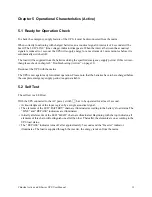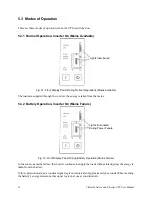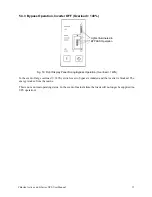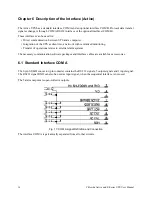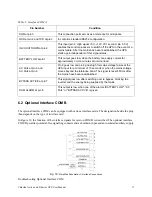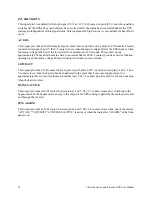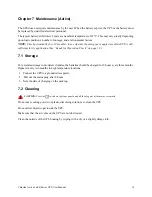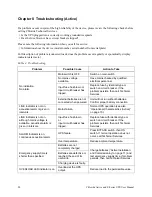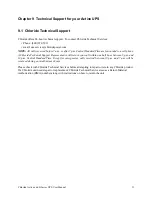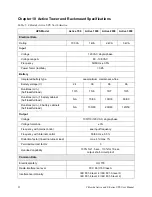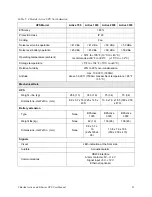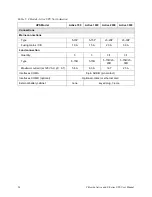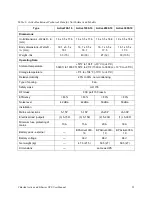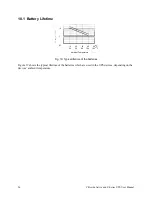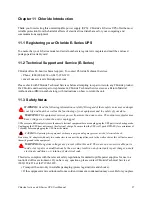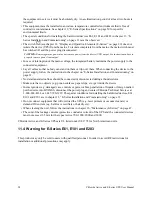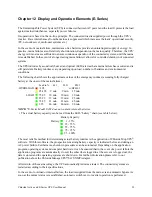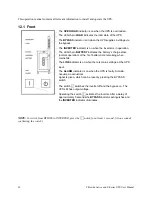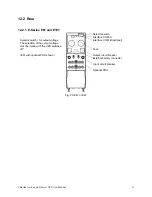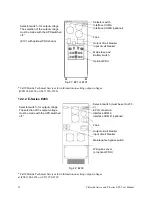
Table 3. Interface COM A
Pin Number
Condition
SGN at pin 5
This connection point serves as a reference for all signals.
RXD at pin 2 and TXD at pin 3
In conforms standard RS232 configuration.
INV SHUTDOWN at pin 2
This input (pin 2: High 5V...+12V, tŠ 1 second, pin 5: 0V)
enables the control processor to switch off the UPS in the event of a
mains failure. After the mains has been reestablished, the UPS
starts again independent of this signal status.
BATTERY LOW at pin 1
This output goes low, when the battery can supply current for
approximately 3 more minutes at nominal load.
AC FAIL at pin 9 and
AC FAIL at pin 6
Pin 9 goes low and pin 6 goes high for mains voltage failure at the
UPS input for a minimum of 10 seconds or when the mains voltage
moves beyond the tolerance band. The signal is reset 850 ms after
the mains have been reestablished.
BYPASS ACTIVE at pin 7
This signal goes low after switching over to bypass, blocking the
inverter and the energy being supplied by the mains
SUM ALARM at pin 8
This output is low, when one of the alarms “BATTERY LOW”, “AC
FAIL” or “BYPASS ACTIVE” is given.
Chloride Active and E-Series UPS User Manual
17
6.2 Optional Interface COM B
The optional interface COM can be equipped with various interface cards. The designation beside the plug
then depends on the type of interface card.
In Figure 18, the function of the interface signals for version COM B is described. The optional interface
COM B provides potential-free signalling contacts and a shutdown input and an insulated auxiliary supply.
Fig. 18:
Simplified Schematic of Interface Connections
Troubleshooting Optional Interface COM











